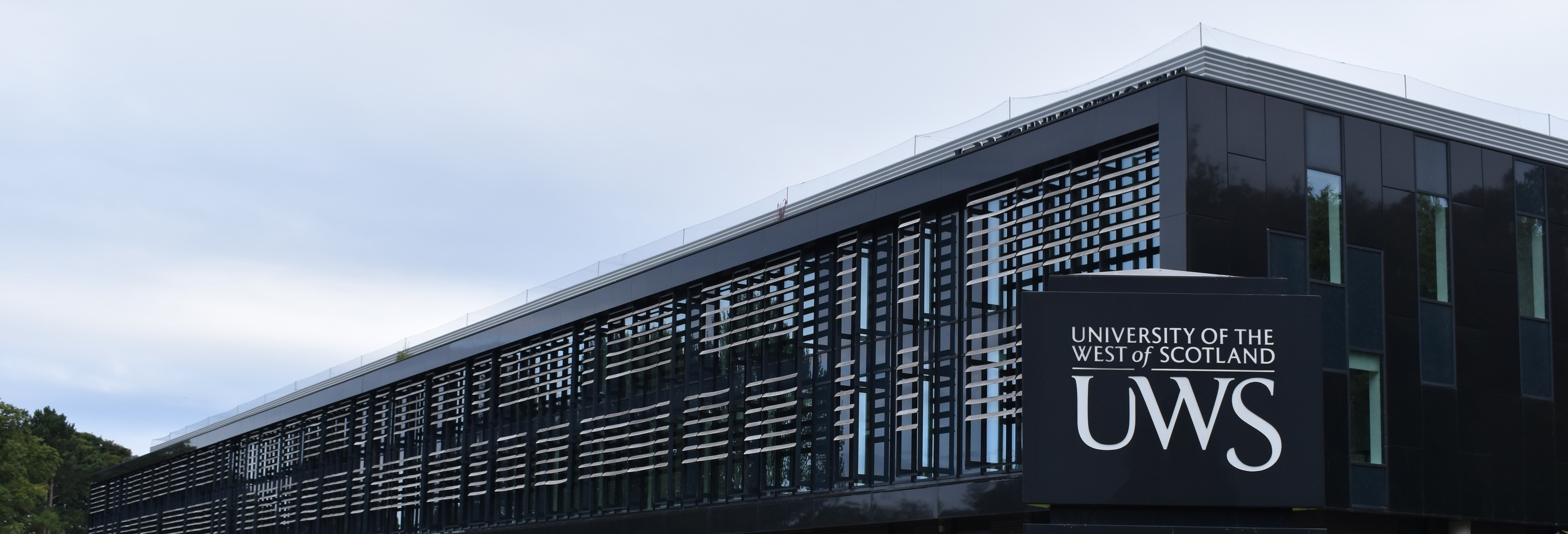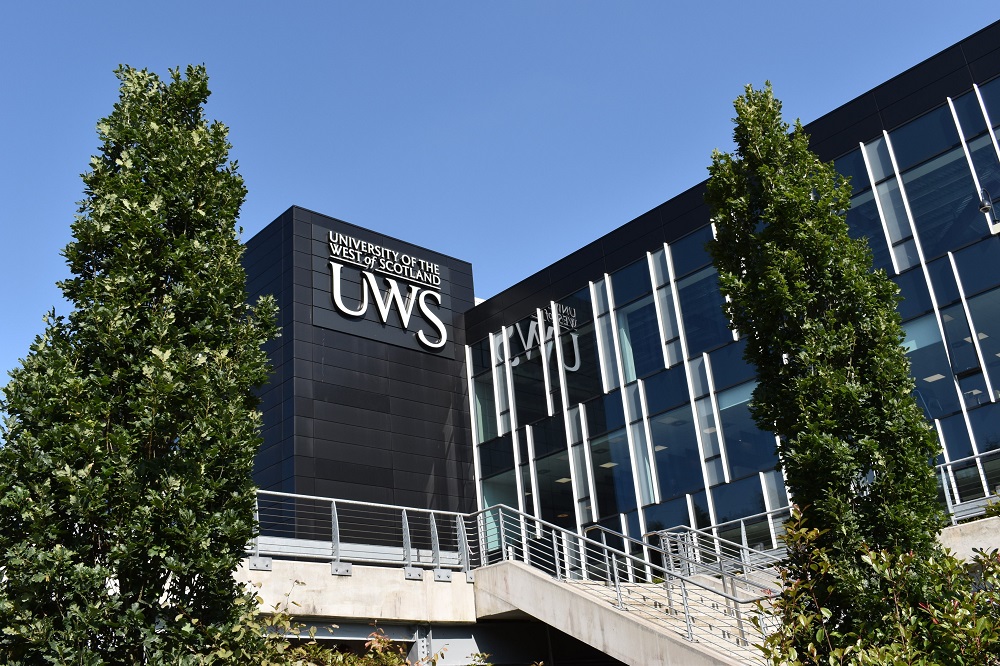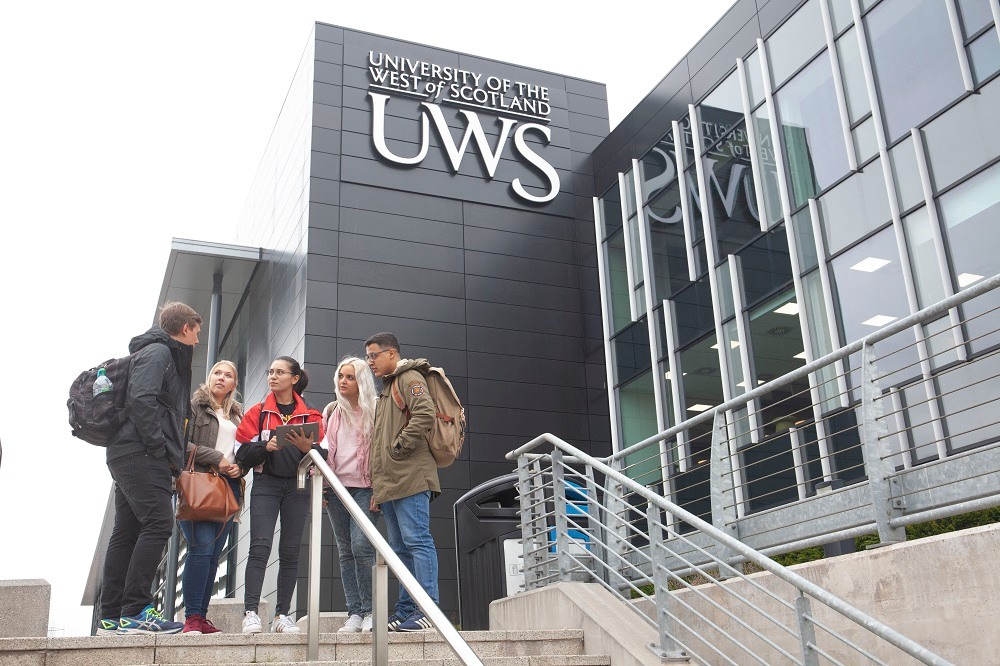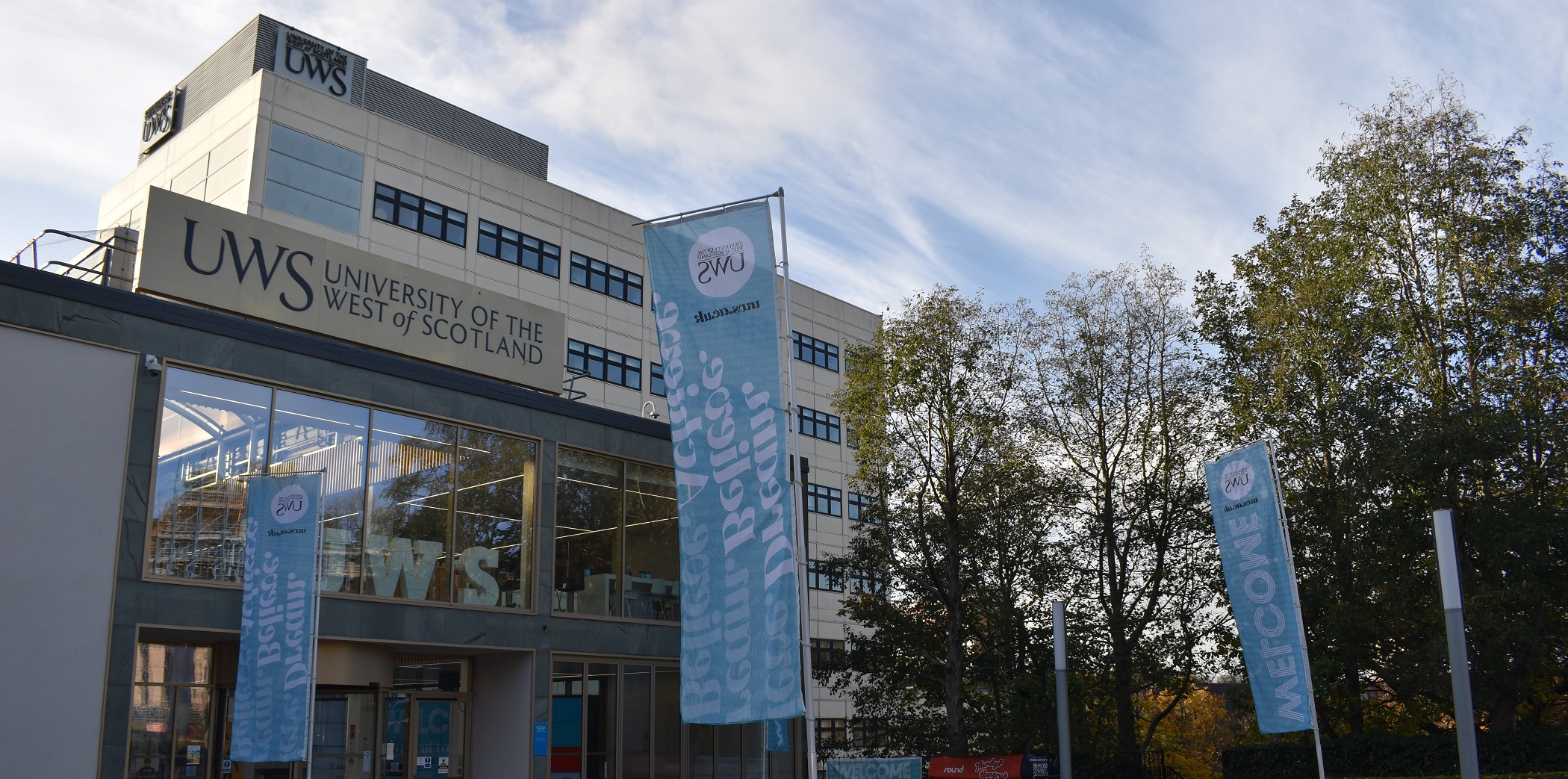Over the course of the MEng/BEng Chemical Engineering, you will study engineering, mathematics and chemistry principles; gain practical experience through laboratory work; and use world-class process simulation tools such as Aspen Suite and Ansys Fluent.
Combining theoretical study, practical experience and group projects, you’ll develop the essential skills demanded by employers in the chemical engineering and processing industries.
Throughout the course, there will be several industry experts who will lecture to you and who will share their expertise through special guest lectures. For example, staff from NEL (Engineering Consultancy) recently presented to students on the critical importance of correct measurements in science and engineering.
Study abroad
It is always possible to augment your studies and broaden your horizons by learning a new language and prepare for the best international opportunities. You can find out more on learning a language and studying abroad through on our study abroad at UWS webpage.
Year 1
Studies include engineering fundamentals, mathematics and chemistry.
Year 2
Studies focus on core chemical engineering topics in addition to mathematics and chemistry.
Year 3
Core chemical engineering subjects including process design, transport processes, engineering thermodynamics, separation processes, process safety and process control are covered.
Optional Industry Placement
One year can be spent on paid placement as a supervised, junior chemical engineer in industry. Placements are obtained competitively and can be in any branch of the chemical/process industry in the UK or abroad. Previous placements have included GlaxoSmithKline, British Nuclear Fuels, Doosan Babcock, Diageo and Sellafield Ltd.
Year 4 - BEng (Hons)
Study includes core and advanced topics in separation processes, chemical reactor design, thermal systems design and integration, process safety, process control and some economic aspects of the process industry. You will also undertake a chemical engineering design study.
Year 5 - MEng (Hons)
Advanced studies into the sustainability and the integration of chemical plants and processes, plus the advanced understanding of heat transfer and fluid mechanics and their computational simulation.
You will also undertake a major research project.
Teaching & Assessment
You will engage with a range of complimentary and creative learning and teaching approaches throughout the BEng Chemical Engineering, including:
lectures
tutorials
laboratory sessions
computer based simulations
design problems and projects
flipped classes
case studies
These are designed to help develop knowledge and understanding of key specialisms within Chemical Engineering in a changing global environment. But, they also to provide opportunities for you to reflect on your personal development in terms of confidence, employability skills and aim to help prepare you for a successful career in chemical/process industries.
The MEng/BEng Chemical Engineering degrees use a variety of assessment methods including both formative and summative assessment modes. This include formative assessment during tutorials, practical laboratory exercises and process simulation sessions as well as written exams, written reports, design exercises, oral presentations and essays.
Learn a language (Optional)
This course also gives you the option of taking a language module, which can count towards your degree. These modules cover multiple language.
Course Structure
Find out more about the structure, learning outcomes, compulsory and optional modules in this course.
BEng (Hons) Chemical Engineering Course Structure
MEng (Hons) Chemical Engineering Course Structure
Show less 




